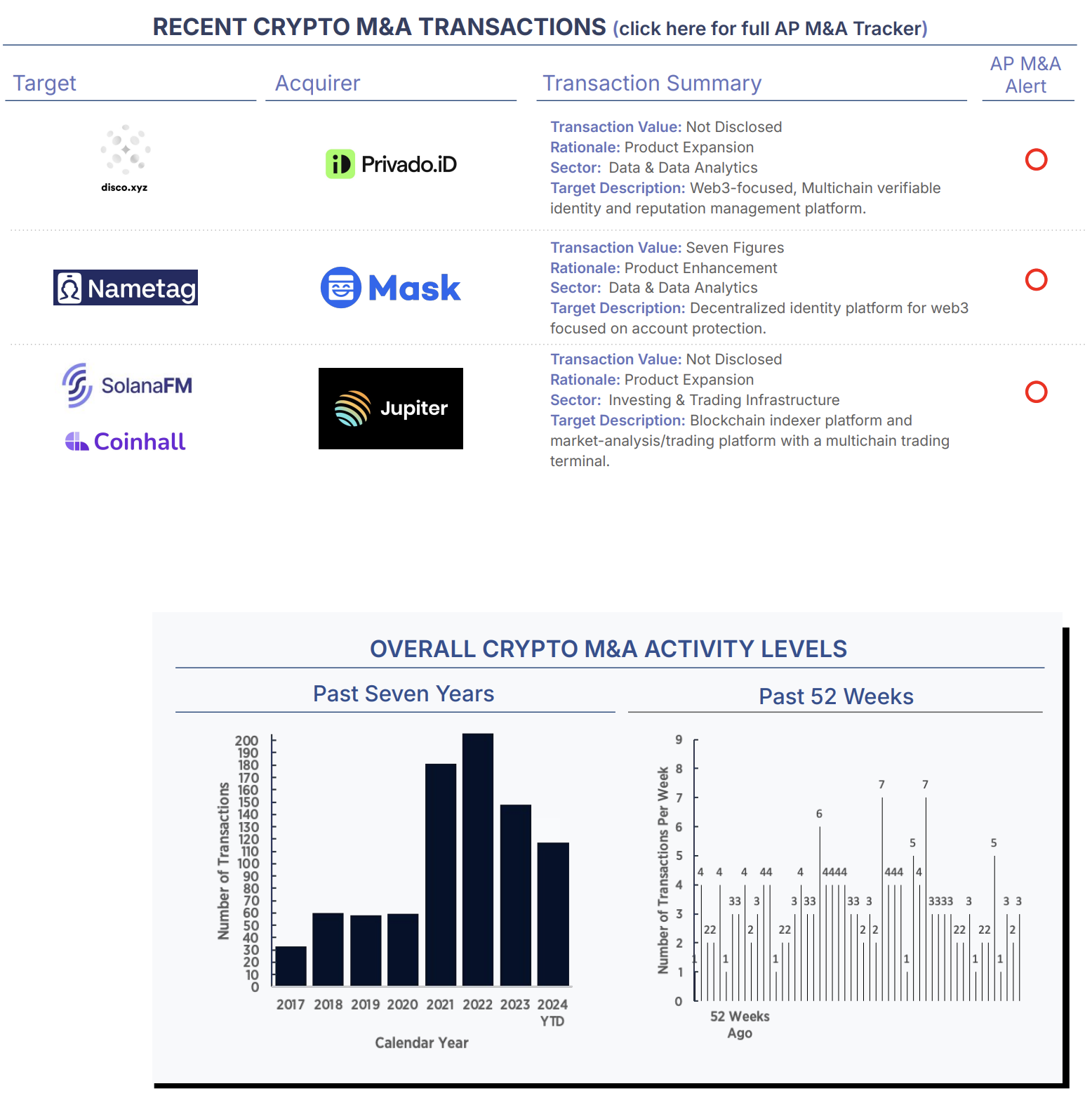Everything starts small.
Decentralized identity management using a blockchain is one of the commonly highlighted opportunities within our industry. The thesis is that the decentralized architecture of blockchain design can provide more security from unauthorized access, and individuals can have greater control over their own data (self-sovereign identity) ensuring each individual selects who has access and under what circumstances. With sensitive data breaches virtually a daily occurrence and the business model of surveillance capitalism rampant, this seems rather appealing to many.
Identity and access management (“IAM”) is one commonly accepted “label” used to describe this type of functionality and it’s roughly a $20B annual revenue market. Household names like Microsoft, Oracle, IBM, Google, Apple, and Facebook offer a variety of flavors of these capabilities. Also, independent companies specialized in this area including Okta, Ping Identity, SailPoint, Auth0, ForgeRock, Centrify among others and have created multi-billion dollar valued businesses in the past 15 years.
Conversely, decentralized identity remains nascent. Some of the more widely recognized early projects and companies like Sovrin, Evernym, Civic and uPort never caught traction and more recent efforts like Worldcoin launched with much fanfare with a message appropriate for the time, differentiate humans from AI bots. In the past two years companies like Root, Clique, Indicio, Verida, Fractal ID and d.id have raised modest amounts of early stage capital pursuing the opportunity. So far, progress has been slow.
Despite its early stage, decentralized identity was the theme in two of the three announced transactions this week. Zug-based Privado.ID (formerly Polygon ID) acquired disco.xyz and Mask Network acquired Nametag.
